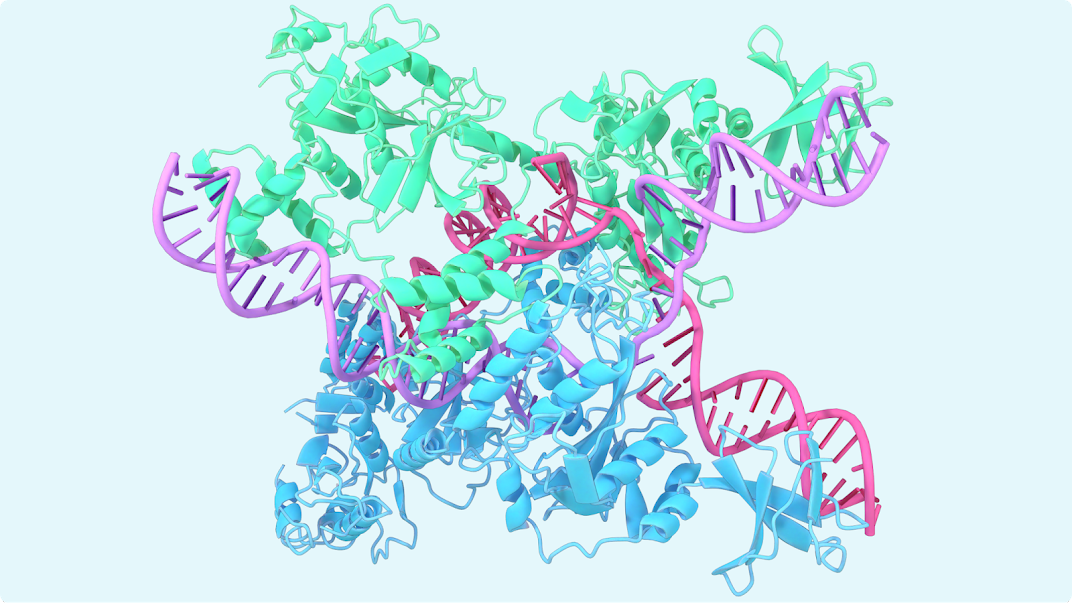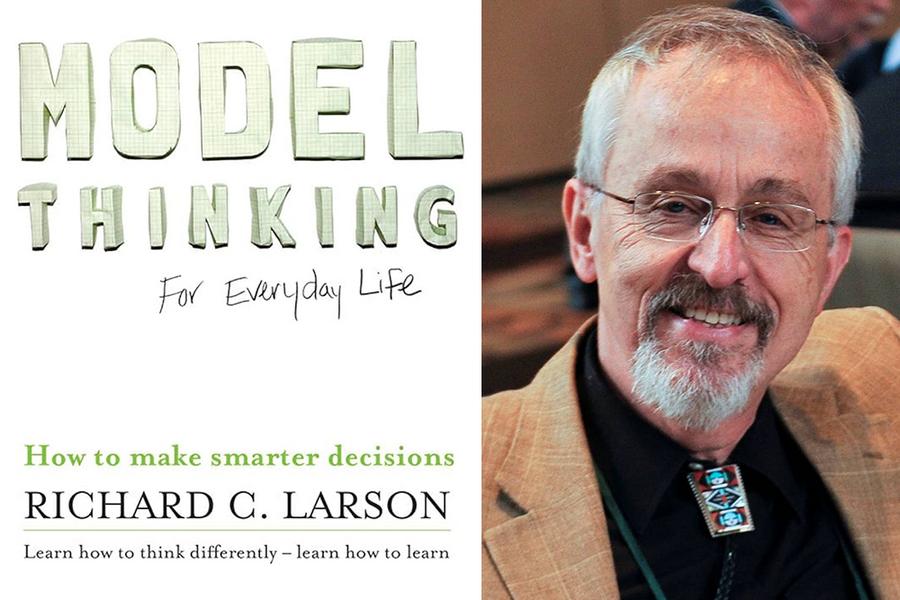Novel genomics and computational methods reveal how gene “switches” impact survival rates of cancer patients, paving the way to targeted cancer treatments
Scientists from the Agency for Science, Technology and Research (A*STAR)’s Genome Institute of Singapore (GIS) have discovered that many human cancers exhibit widespread alterations in gene activation, where the same gene uses different start positions to generate alternate gene products. These alterations, previously undetected by earlier methods of analysis, may identify novel biomarkers for predicting cancer patient survival and new targets for therapies. The study was published in Cell on 5 September 2019 and featured on the journal’s cover.
The human genome contains all our genes. The region which controls where a gene starts is called the promoter, or a ‘switch’ that turn on genes in the genome. Many genes have multiple promoters, and this can lead to different functions even from the same gene.
Prior to this study, cancer researchers lacked a comprehensive survey of alternative promoters in cancer genes, and whether different promoters leads to differences in clinical behaviour of cancer patients.
To fill the gap, the team designed a specialised software called proActiv to detect activated promoters on a genome-wide scale. The underlying algorithm in proActiv is applicable to RNA-profiling data, which is routinely produced by hundreds of laboratories worldwide to study cancer. The team applied proActiv to a large collection of publicly-available data from over 18,000 cancer samples, and discovered that promoters in cancer genes are frequently different from their cancer-free counterparts. They also uncovered specific activated promoters that are linked to the survival rate of cancer patients, representing a new class of biomarkers.
Dr Jonathan Göke, Computational Biologist at the GIS and co-senior author of the study, explained, “We designed proActiv to work on RNA-profiling and it enables us to use the largest collection of data possible. At first that was very challenging. It was akin to solving a puzzle with thousands of pieces, where many of the pieces are almost identical. However, proActiv zooms in specifically on the unique puzzle pieces for each promoter, allowing detection of different promoters with high accuracy. The amazing part is that through this simple idea, we suddenly could analyse terabytes of data that was available to the public. The data was out there, but the information about promoters was hidden. With the new method, we managed to uncover this hidden information”.
Commenting on the study, Dr Andrew Futreal, Department Chair of Genomic Medicine at MD Anderson Cancer Center said, “The scale of this global study is impressive. It reveals that the usage of alternate promoters is a common feature of many cancer types. These findings will inspire more research into what controls this switching, and how we can use this information to improve outcomes for cancer patients.”
Prof Patrick Tan, co-senior author, Executive Director of the GIS, and a faculty member of Duke-NUS and Cancer Science Institute Singapore (CSI), said, “RNA-profiling is very frequently used in medical research. By using proActiv, scientists will be able to identify promoters without any additional experimental cost, which makes this very interesting to many research groups worldwide and opens the possibilities to explore alternative promoters in other diseases.” With the aim of advancing research in the wider scientific community, the team has deposited proActiv into the public domain, where it is free to use for other academic researchers.
The findings highlight that a promoter is a biomarker for cancer, but this does not imply that promoters cause a more severe form of cancer. “We have yet to determine if these promoters act like an emergency sign that is turned on because of a fire, or if these promoters are the fire itself,” added Dr Göke. For the GIS team in Singapore, the study is the first step towards many new possibilities to explore these questions, and to better understand the role of our genes in cancer.
The details of this research can be found in the scientific journal Cell (DOI: 10.1016/j.cell.2019.08.018), under the title, “A Pan-Cancer Transcriptome Analysis Reveals Pervasive Regulation through Alternative Promoters” by Deniz Demircioğlu, Engin Cukuroglu, Martin Kindermans, Tannistha Nandi, Claudia Calabrese, Nuno A. Fonseca, André Kahles, Kjong-Van Lehmann, Oliver Stegle, Alvis Brazma, Angela N. Brooks, Gunnar Rätsch, Patrick Tan, Jonathan Göke









